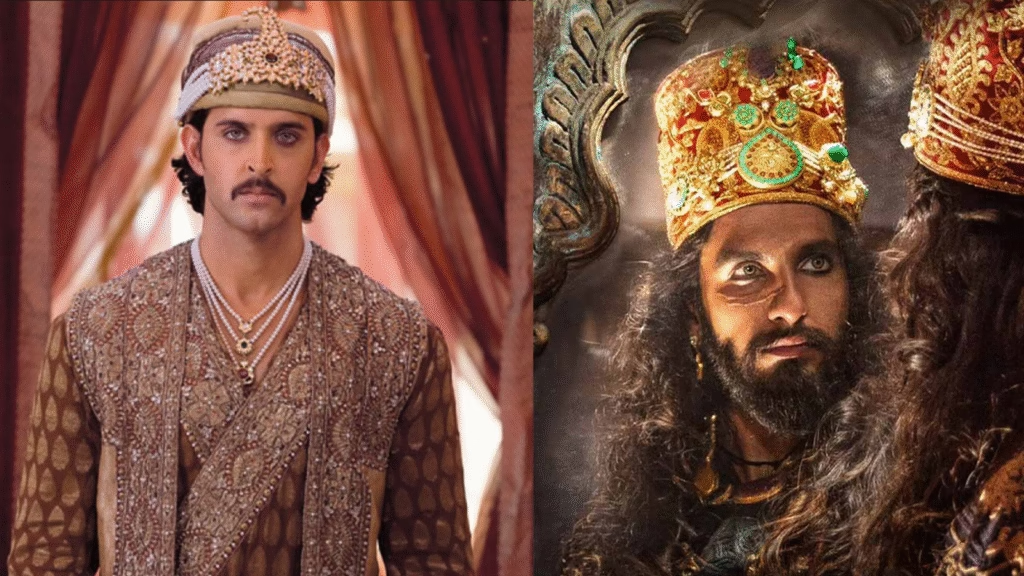Bollywood frequently engages with historical themes, yet bestselling author Amish Tripathi remains skeptical of the polished, overly dramatized narratives that filmmakers typically present. Renowned for his Shiva Trilogy and Ram Chandra Series, Amish has consistently emphasized the significance of accuracy in relation to culture and history. He is now addressing Bollywood’s troubling tendency to distort historical facts for the sake of entertainment.
Amish’s Major Concern
In a recent conversation, Amish highlighted how films that purport to be “based on history” often mislead viewers rather than enlighten them. “Art can take creative liberties,” he remarked, “but when you present fiction as history, you are influencing perceptions for future generations.”
The author elaborated that cinema holds substantial sway in India. Many individuals do not refer to history books; instead, they form their understanding of the past through Bollywood productions. Consequently, inaccuracies—whether it involves sanitizing villains, amplifying heroes, or blending myths with historical records—can be detrimental.

Reasons Behind Bollywood’s Approach
Bollywood has long been captivated by opulence. Films such as Padmaavat and Samrat Prithviraj ignite discussions not only due to their narratives but also because they obscure the distinction between reality and fantasy. For producers, dramatization translates to financial success. However, for writers like Amish, this fixation on spectacle undermines the truth.
“History is inherently intriguing,” he contended. “There is no need to invent drama when our past is replete with astonishing true stories.”
Audience Reactions: Support vs. Critique
Amish’s remarks sparked a flurry of activity on social media. Numerous fans expressed their support, asserting that Bollywood often favors glamour over depth. Conversely, some believed he was being overly inflexible, claiming that films are primarily meant for entertainment rather than educational purposes. This discourse has revealed a broader cultural rift: should Bollywood films serve to educate as well as entertain, or should they solely focus on entertainment?
The discussion could not have occurred at a more opportune moment. As audiences increasingly seek authenticity, platforms such as OTT are already exploring documentary-style narratives and historically accurate productions. Amish’s critique may compel Bollywood to elevate its standards and honor India’s extensive and varied history.
Amish Tripathi’s perspective holds significance not only due to his status as a renowned author but also because he embodies the voices of millions who desire their history to be depicted with respect. Whether Bollywood will heed this call or persist in its fixation on sensationalism over veracity remains uncertain. One thing is clear—this discourse has rekindled the call for genuine narratives within Indian cinema.

